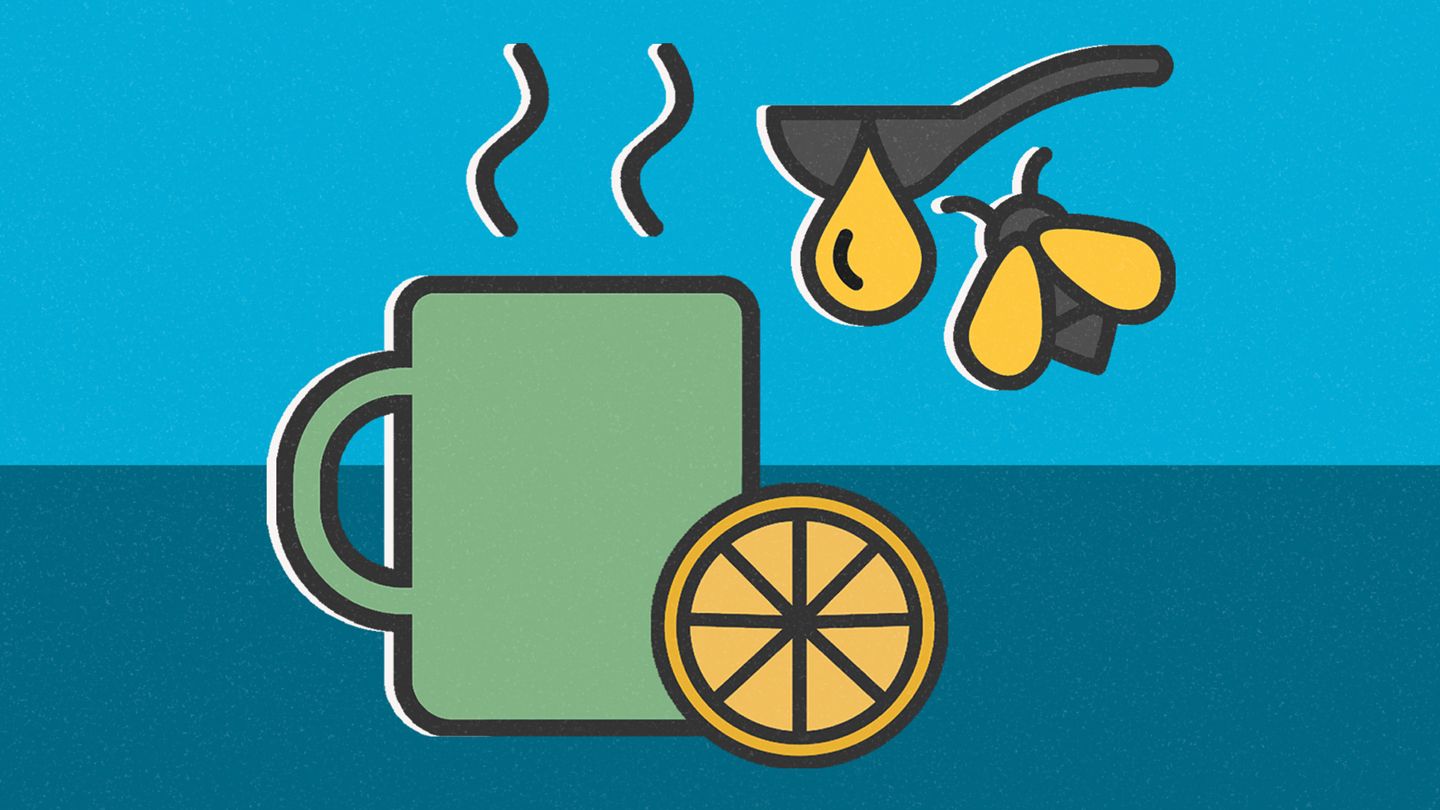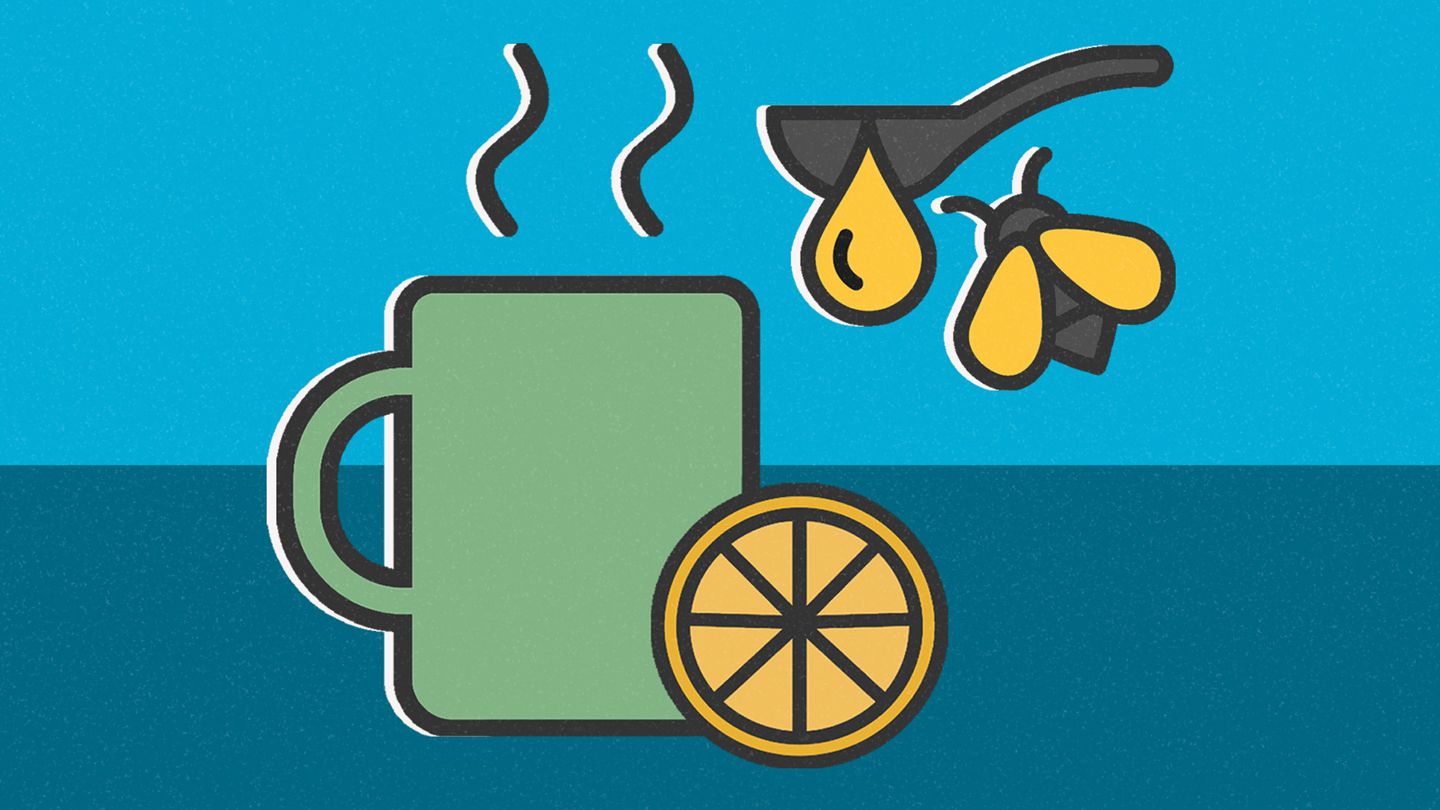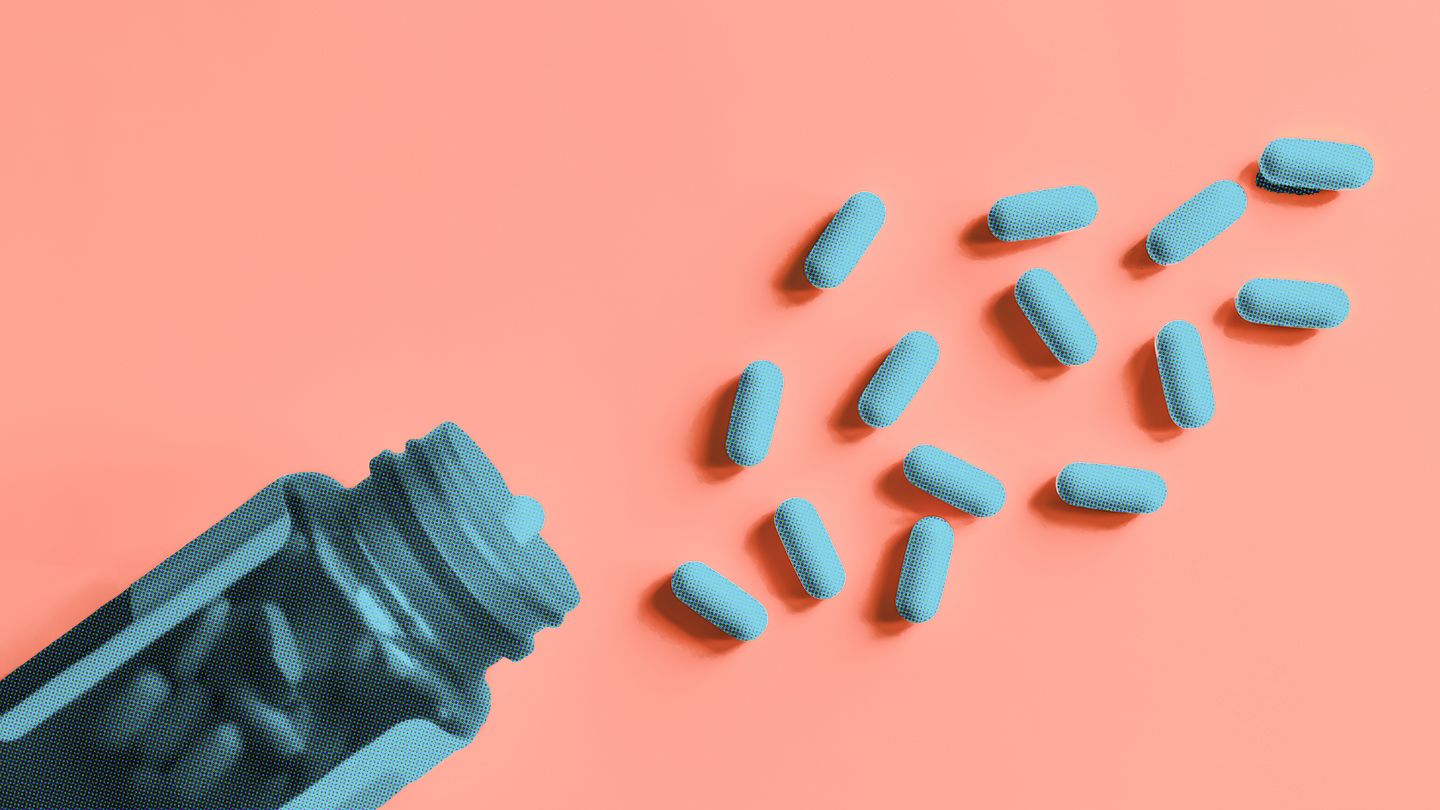How Mucus Production Affects Fasting
When adhering to intermittent fasting, extended fasting, or other dietary protocols that require going a period of time without eating, a common question is whether certain bodily processes and secretions break the fast. One such concern is swallowing mucus and phlegm.
What is Mucus?
Mucus is a slimy, gel-like fluid produced by mucous membranes in the body. It contains water, proteins, carbohydrates, and lipids. The main components are the glycoprotein mucin, produced by goblet cells, as well as various other cells in mucous glands.
Mucus production occurs throughout the respiratory, gastrointestinal, reproductive, and urogenital tracts in the body. Its key functions are to trap pathogens and particles to prevent them from entering tissue, moisten and protect epithelial surfaces, and contain protective antibodies and antibacterial compounds.
Day-to-Day Mucus Production
On a normal day, the body produces approximately 1 to 1.5 liters of mucus, even when healthy. Most people swallow the majority of this unconsciously without realizing it. Nasal mucus often drips down the back of the throat and is swallowed reflexively. Even the mucus coating of the gastrointestinal tract is moved downward by peristalsis and eventually swallowed.
Does Swallowing Mucus Break a Fast?
When examining mucus during a fast, the key factors are its calorie content and potential impact on insulin levels - the main drivers of the metabolic benefits of fasting.
Research has shown mucus to generally contain little to no calories. One study found no measurable caloric difference between swallowing and expelling nasal mucus in terms of energy utilization in the body.
Likewise, existing evidence suggests that ingesting mucus does not trigger an insulin response or break a fast metabolically. Thus, most dieting experts agree that swallowing small amounts of mucus during a fasting window likely does not hamper efforts to lose weight or accrue other benefits.
Exceptions and Caveats
However, there are a few important caveats. First, people with respiratory illnesses may produce vastly larger-than-normal amounts of mucus, sometimes over 100ml per day. At high volumes, continually swallowing mucus all day long may introduce more calories than one realizes.
Secondly, the content of mucus varies and is dynamic. While typical baseline mucus secretions have little caloric value, their composition can change rapidly in response to pathogens, irritants, allergies, and other inflammatory stimuli.
As parts of the immune system, mucus may take on fat and protein-rich compounds from blood plasma. How much this impacts calorie counts is still understudied. But it demonstrates why mucus production can differ day-to-day.
Tips for Handling Mucus During Fasting
To optimize fasting regimes, consider the following mucus-related tips:
- Avoid unnecessary swallowing of nasal mucus. Blowing one's nose instead can minimize calories introduced.
- Limit aerobic exercise during fasting periods, as this stimulates mucus production.
- Treat any illnesses promptly to avoid prolonged elevated mucus production.
- Consider breaking a fast by the 4th day if copious mucus secretion occurs, especially if felt to be hindering dieting progress.
- Stay well hydrated to allow excess mucus to flow freely outward.
The Impacts of Phlegm and Respiratory Droplets on Fasting
What is Phlegm?
Phlegm is simply another term for mucus produced by the respiratory system. It consists of the same glandular secretions as mucus, containing water, proteins, carbohydrates and lipids.
Phlegm often refers more specifically to thick mucus coughed up from the lower airways. It differs from nasal mucus in potentially having more cell debris from damaged tissue, inflammatory compounds stimulated by irritants, and glycoprotein fibers with more complex molecular arrangements.
Phlegm from Illness vs. Normal Secretion
The body continually produces a baseline amount of phlegm naturally. But phlegm production ramps up dramatically in response to threats, inflammation, or damage to the airways and lungs.
During respiratory infections and similar states, phlegm output can increase manyfold. As immune cells, inflammation proteins, and molecular defenses flood the lungs, this shows up conspicuously as discolored, copious phlegm.
Impact of Swallowing Phlegm on Fasts and Diets
The main question again is whether ingesting phlegm influences metabolic signaling pathways involved in fasting enough to deter its physiological effects.
Unfortunately medical literature offers limited answers currently. But based on its biochemical makeup, swallowing small amounts of baseline phlegm likely does not hinder fasting or fat loss.
On the other hand, gulping down copious contaminated phlegm from illness could theoretically provide enough sustenance to turn over metabolic processes. However one study did find caloric differences in phlegm content did not alter measurements of respiratory quotient after swallowing versus spitting.
Much evidence is still needed regarding phlegm's impact. General fasting advice is to avoid unnecessary swallowing and to focus on rest and recovery when ill rather than adherence to strict dieting rules.
Respiratory Droplets
Coughing, sneezing, shouting and even talking loudly generate smaller airborne droplets of respiratory fluid. These droplets containing mucins, salts, lipids and other compounds quickly evaporate to residual particles as "droplet nuclei.
In terms of swallowing these particles or droplets, their negligible volume and concentration makes it unlikely they carry enough calories or macronutrients to influence fasting regimens noticeably.
However, airborne droplets certainly spread pathogens. So those who are ill should cover coughs and sneezes accordingly, and avoid close contact with others to limit contagion risk.
The Takeaway
In summary, swallowing one's baseline mucus and phlegm secretions generated day-to-day, even frequently, likely does not impact or break an intermittent, extended, or other fast metabolically.
However, excessive volumes of phlegm and mucus produced in illness or respiratory insult may present enough sustenance to activate digestive processes counterproductive to fasting depending on the severity.
As always, it's smart to listen to your own body and allow for needed flexibility in dieting as situations warrant. With reasonable adjustments to handle mucus appropriately, fasting regimes generally remain realistic for most to adhere to successfully.
FAQs
Does swallowing small amounts of mucus break your fast?
No, swallowing small baseline amounts of normal mucus you produce daily does not contain enough calories or macronutrients to activate digestive processes. Thus it likely does not interfere with fasting regimes.
What about swallowing large amounts of phlegm when sick?
Copious phlegm produced by illness or respiratory damage may potentially interfere with fasting benefits if containing enough substances like protein or fat cells to fuel metabolism.
Should I avoid aerobic exercise when fasting to limit mucus?
Yes, it's recommended to reduce activities causing heavy breathing during fasts. This limits excess mucus production that could impede fasting if swallowed repeatedly.
Could supplementation help manage mucus production?
Staying well hydrated and considering supplements like NAC, licorice root, marshmallow root or essential oils may help modulate overproduction of mucus without resorting to medication.
Disclaimer: This article is for informational purposes only and does not constitute medical advice. Always consult with a healthcare professional before starting any new treatment regimen.
Related Coverage
Alka-Seltzer and DayQuil both relieve common cold & flu aches, pains, and stuffiness. But they have key differences in ingredients, uses, side effects and interactions....
Learn about potential side effects and risks of mixing Nyquil cold medicine with the antibiotic amoxicillin. Discover safer alternative cough remedies to use while on antibiotics....
Experiencing hearing loss after a cold? Understand the causes, duration, and management strategies. Get insights on ear congestion, fluid buildup, and when to seek medical attention....
Want to buy Actifed for colds without a prescription? Understand age limits, purchase quantities, ID requirements, and tips to easily get Actifed over the counter....
Hot showers may temporarily relieve body aches, congestion, and chills from the flu by increasing circulation. But take care not to overheat....
Steamy vapor baths provide natural congestion and cough relief. Learn how warm bath water and essential oils help clear mucus and ease cold symptoms....
Struggling with a persistent cough? Discover proven tips and remedies to soothe your cough throughout the day and night, from drugstore solutions to natural home remedies....
Looking to quiet an irritating cough that's keeping you up at night? Try these soothing home remedies like humidifiers, throat lozenges, steam showers, and more to finally get some sleep....
Learn about causes of jaw pain when you have the flu. Discover tips for managing headache, body aches, fever and fatigue until influenza symptoms resolve....
Does Tylenol or other medication break your fast? Get the facts on NSAIDs, supplements, prescription drugs and more during intermittent, alternate day and prolonged fasting....







